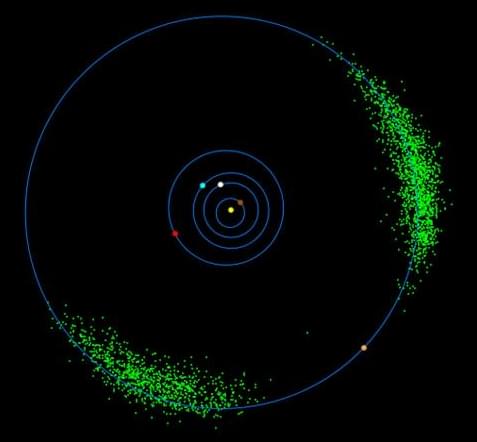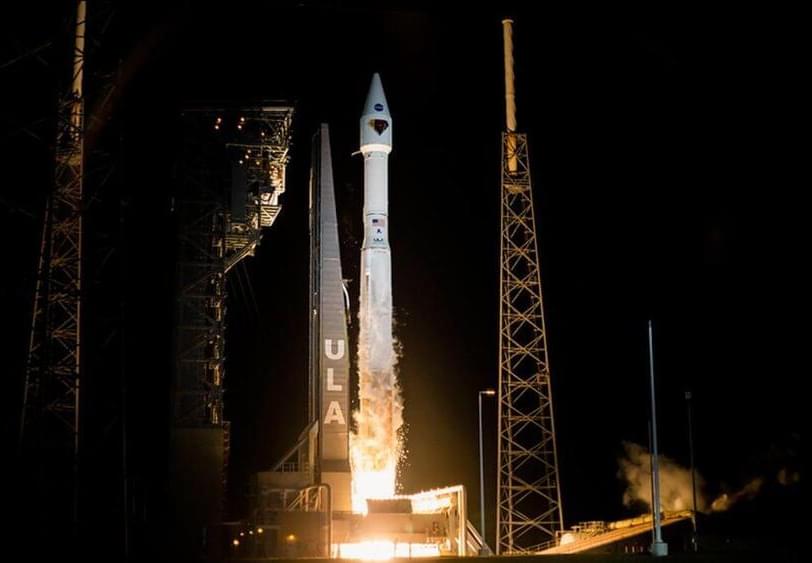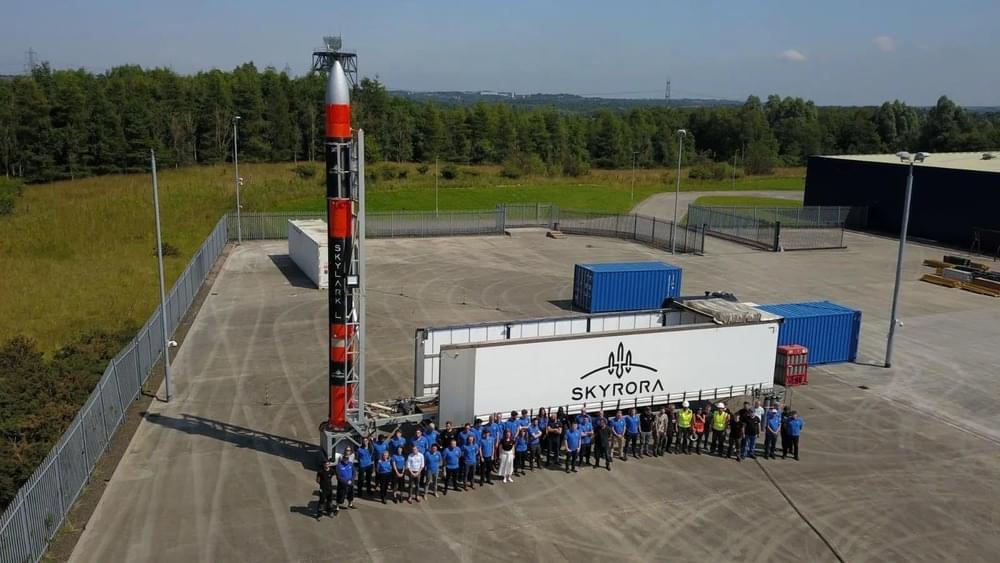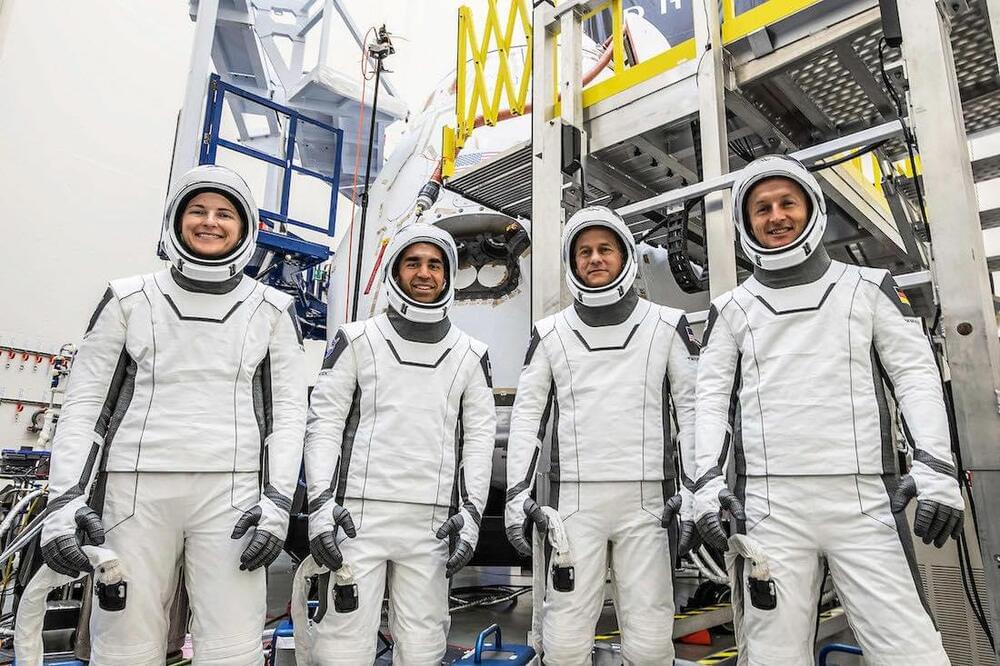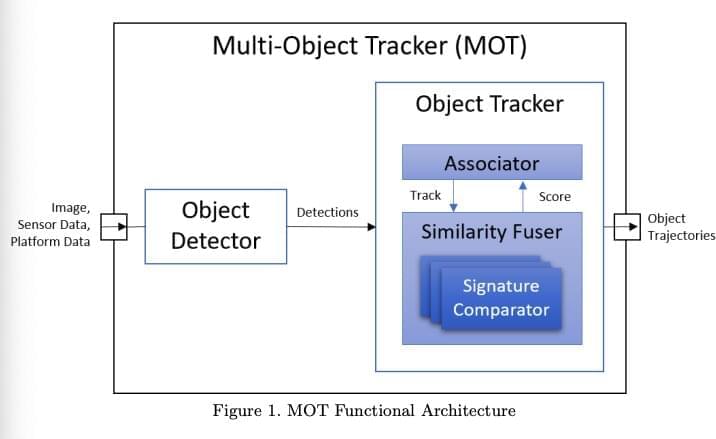To efficiently navigate their surrounding environments and complete missions, unmanned aerial systems (UASs) should be able to detect multiple objects in their surroundings and track their movements over time. So far, however, enabling multi-object tracking in unmanned aerial vehicles has proved to be fairly challenging.
Researchers at Lockheed Martin AI Center have recently developed a new deep learning technique that could allow UASs to track multiple objects in their surroundings. Their technique, presented in a paper pre-published on arXiv, could aid the development of better performing and more responsive autonomous flying systems.
“We present a robust object tracking architecture aimed to accommodate for the noise in real-time situations,” the researchers wrote in their paper. “We propose a kinematic prediction model, called deep extended Kalman filter (DeepEKF), in which a sequence-to-sequence architecture is used to predict entity trajectories in latent space.”


